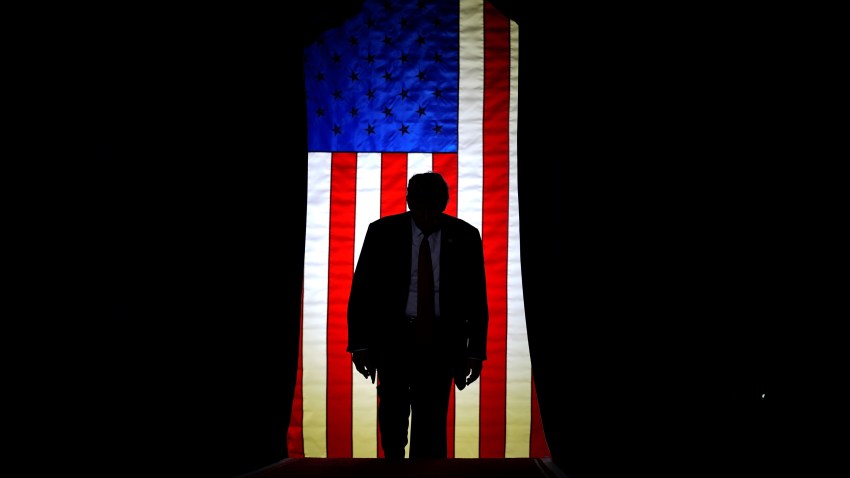In last Thursday’s edition of the Daily Review, we wrote about the potential impact of today’s presidential election on U.S. foreign policy, as well as the threat that Trump poses to democracy in the U.S. and globally should he win. That threat remains very real. But it is also important to underscore how much damage Trump has already done to U.S. democracy.
To start, Trump has long sought to delegitimize the institutions that help sustain democracy. He has sowed doubts about the government and the media, and fueled conspiracy theories to cultivate distrust among a wide swath of the U.S. population about how votes are tabulated, despite clear evidence to the contrary. In the U.S., this level of distrust is somewhat of a novelty, and it is unlikely to go away quickly even if Trump loses today and fades from U.S. politics.
But if Trump’s delegitimization of democratic institutions represents something new for the U.S., he has also reintroduced darker aspects of U.S. political history that had faded in the decades prior to his rise. Since 2016, the U.S. has been grappling with the biggest and most sustained increase in political violence it has seen since the 1970s, most of which has come from the right. The peak of that violence was, of course, the Jan. 6, 2021, insurrection at the U.S. Capitol. But the run-up to today’s election has also seen multiple arson attacks on ballot drop boxes and altercations involving Trump supporters at polling places.

